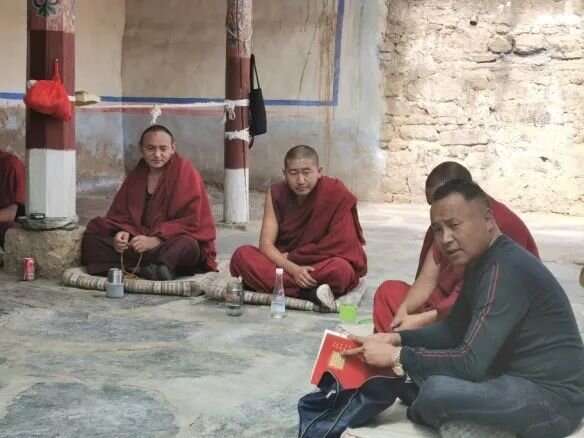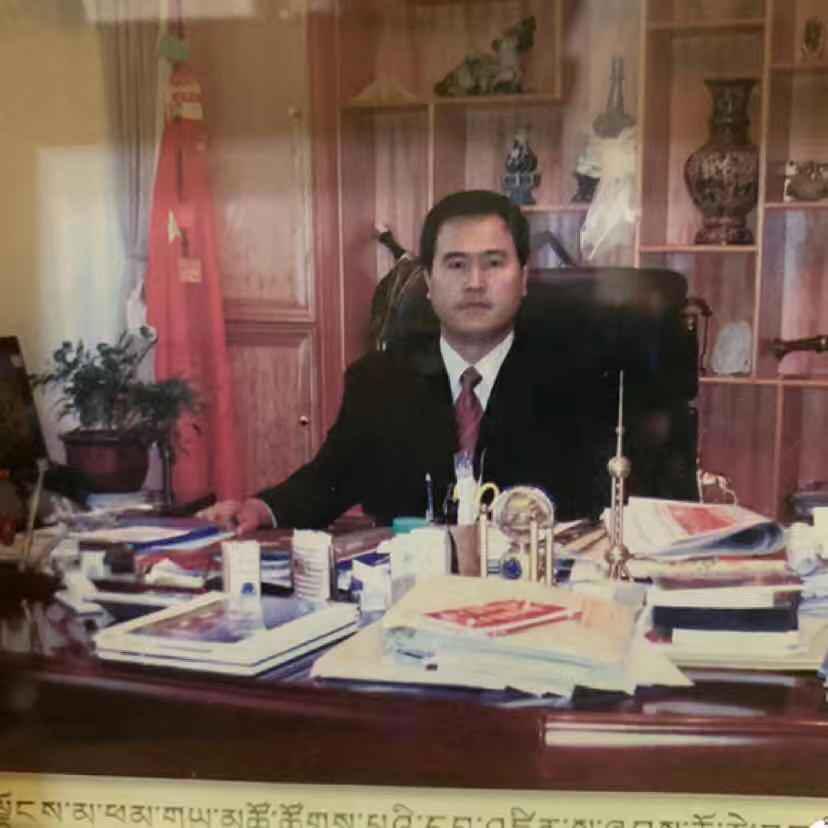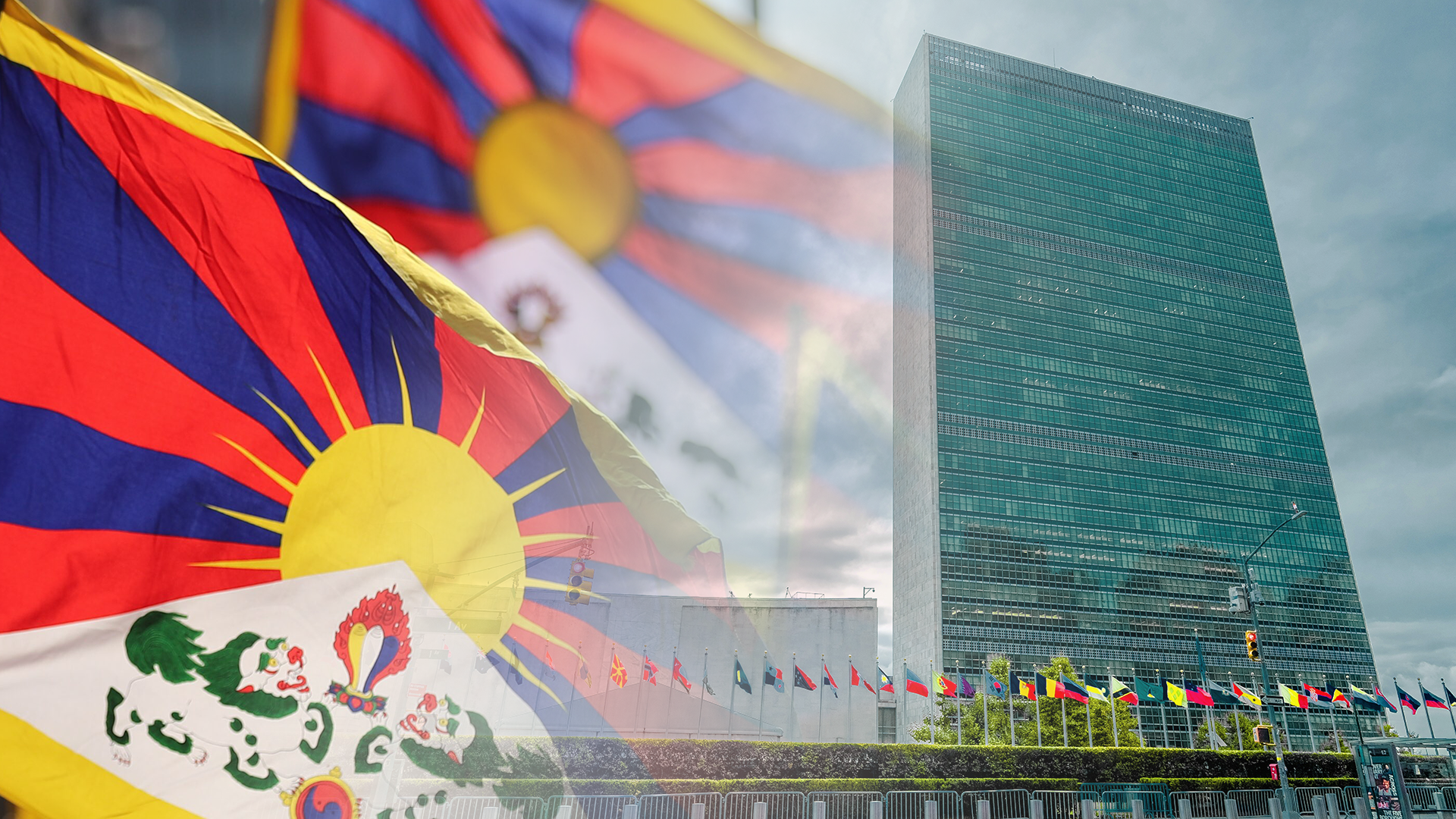
The CCP hopes to further promote their Ethnic Unity Law.

Dzengqi Temple in the Sangri
We have received information of further efforts by the Chinese Communist Party to promote the new Ethnic Unity Law across western and central Tibet, the areas governed as the so-called Tibet Autonomous Region (TAR.
On 20 May, the monastic management committee of Jangda Monastery launched a new initiative to promote patriotism among the resident monks.
This follows on from the launch of a number of campaigns seeking to promote the CCP’s Regulations on the Establishment of a Model Area for Ethnic Unity and Progress in the Tibet Autonomous Region, more commonly known as the Ethnic Unity Law, which came into force on 1 May.
Pema Gyapo, a Chinese official, explained the law to the monastic management committee of Jangda Monastery, which is located in Parga Town, Burang County in Ngari Prefecture.
TheEthnic Unity Law, which was passed in January this year and came into force in May, makes it mandatory for “ethnic unity” to be promoted between Tibetans and other ethnic groups. Experts who have analysed the law have stated that it is the latest in a series of efforts by the CCP to incorporate Tibet into the People’s Republic of China.
At the event, Pema Gyapo requested all the monks to take the initiative to consciously oppose separatism, claiming it was their duty to safeguard a united China and to be patriotic.
Efforts to promote the Ethnic Unity Law were also observed in the Dengqi Township, located in Sengri County, Lhoka Prefecture, in the TAR.
On 12 June, in order to ensure that the CCP’s various policies would take root in Tibetan monasteries, the Dengqi Monastic Management Committee organised a campaign. It was based on the CCP’s Ethnic Unity Law as well as the ”Four Speaks and Four Loves” policy. This campaign was presided over by the Monastic Management Committee Secretary Nyima Tsering.
The ”Four Speaks and Four Loves” is a region-wide policy to encourage Tibetans to support the Chinese motherland. The policy goes as follows
(1) Speak the party’s gratitude while love the core.
(2) Speak unity while love mother land.
(3) Speak the contribution while love home.
(4) Speak the civilization while love life
Nyima spoke in detail to monks about the content of the ”Four Speaks and Four Loves” policy, its historical background and the significance of President Xi Jinping’s speech on national unity and ethnic law.
He stated to the monks that China is a unified and multi-ethnic country. He further stressed that the great motherland is the common mother of all ethnic groups in the country. This narrative was utilised to propagate that Tibet has been an inseparable part of the motherland’s territory since ancient times. However, Tibet’s history, culture and religion notably differs from that of mainland China.
Following the event, Tibetan monks were forced to state that they would consciously safeguard the unity of motherland and oppose separatism, towards building a shared spiritual home for a Chinese nation.
The CCP has tried to promote ethnic unity in a number of different ways, including a recent drive to encourage marriage between Tibetans and Han Chinese people.






